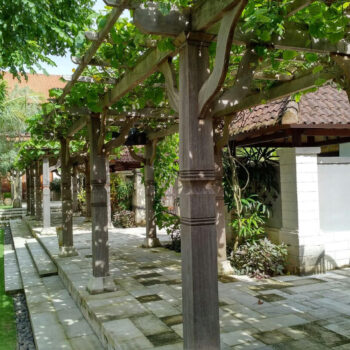
Organizational Coaching and Professional Development: A Valuable Partnership
When the program was completed and all thirty-two components of this large-scale initiative were evaluated, one component stood out from all the rest: the presidential visits. While this was the smallest component in terms of money spend and time invested, it was rated at the top with regard to “customer-satisfaction” and institutional impact. We soon discovered, however, that the presidents had not done what they were told to do. First of all, they didn’t focus on the reform program. Second, in most instances, they spent the entire day together. We found that the presidents wandered off in their conversations. They focused on many topics that were of personal relevance to them. Even though these men (no women yet in presidential roles in this state) were competing for scarce resources, they found that they had much to say to one another, and readily used their fellow president as a coach. Their peer coach could be empathetic and was knowledgeable about the educational issues swirling around the head and life of their fellow president.
While there was a sharing of expertise and some advice-giving, the key successful factor appeared to be the support and encouragement that the presidents gave one another. Obviously, in small university towns (which were common in this state), the president of a university doesn’t have many people to talk with. The president can’t talk to other business people, for they often have important ties to the university and don’t really appreciate the unique issues being addressed by a university president. The leaders of other government agencies or other nonprofit organizations usually are too busy to talk or they work in a very different world from public higher education. It is only another university president who can break the isolation and offer thoughtful, genuine support and encouragement. Our program provided the mechanism (and excuse) for this to occur. Excellent peer coaching occurred—even though it was not included in the initial blueprints for this program.
Principle Eight: Planning
A coach can help his colleague sort out what has been learned, what is still to be learned, and (most importantly) what the colleague has learned about herself as a learner (what Gregory Bateson describes as “second order” learning). With this reflective practice as a base, the colleague (with her coach’s assistance) can begin planning for the future.
- Posted by Bill Bergquist
- On September 8, 2011
- 0 Comment

Leave Reply